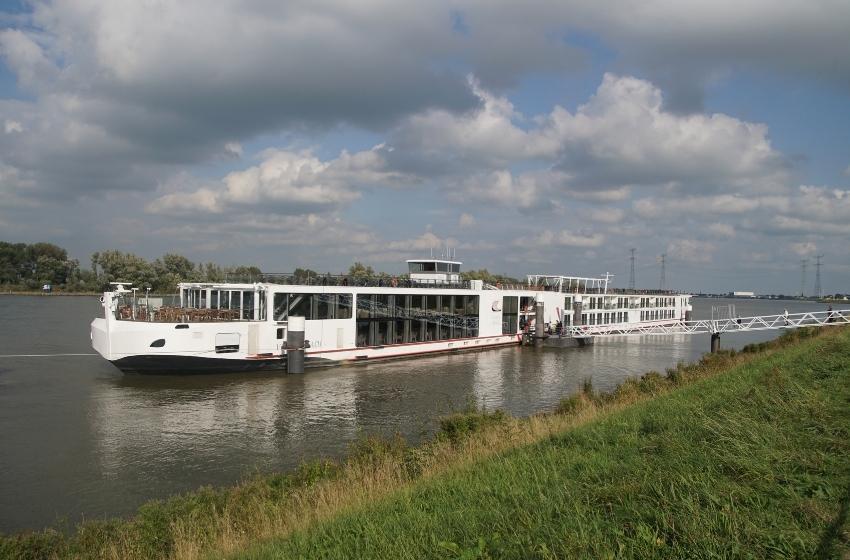The export of agricultural raw materials from Ukraine due to the blockade of the Black Sea ports occurs, among other things, with the help of the Danube and the Sulina Sea Canal, where ships wait in line for 10 or more days.
This is stated in the European Business Association (EBA) message.
“Each day of downtime costs Ukrainian exporters about $500,000 per day,†the association emphasizes.
In this regard, the experts of the EBA Logistics Committee addressed the UN Secretary-General, the Executive Vice President of the European Commission and Chargé d'Affaires for Ukraine in Romania with a proposal to introduce a number of measures to resolve the situation in the Danube region.
“In particular, the companies propose to simultaneously receive up to six vessels (today, only two berths have been allocated by the Romanian side for the relevant purposes), to increase the operating time of the Sulina Canal, to allow traffic along the canal at night, which can double the throughput. It would also be advisable to allow extraordinary registration of ships if there is a free berth,†the association explains.
The maximum allowable speed of the passage of the channel could be increased, of course, taking into account the specifics of the design of the channel itself (at the moment, it is 5.65 knots = 6.5 miles / hour).
The business also suggests considering the possibility of offshore transshipment in the ports of Sulina and Constanta and along the 61st mile of the Danube River, subject to full load, that is, the absence of free ports they add to the association.
The EBA believes that such steps are pretty real. Their application would speed up and then increase traffic flows along the Danube River, particularly the volume of Ukrainian export agricultural products.
“At the same time, it is necessary to work out a significant restriction that prevents an increase in cargo flows from Ukraine through the ports of the Danube River. Thus, European companies expressed their readiness and desire to finance the transportation of Ukrainian exports, but they are afraid of military risks, due to which new logistics chains may be broken. Therefore, companies expect investment protection guarantees from government agencies - this already exists for exports. And now the main issue is insurance coverage. The Ukrainian authorities have developed guarantees for the safe passage of ships in the waters of the Ukrainian ports of the Danube region and transportation by rail. Therefore, we hope that this mechanism will be implemented in the near future,†commented Daria Sichkar, manager of the Logistics Committee of the European Business Association.





















